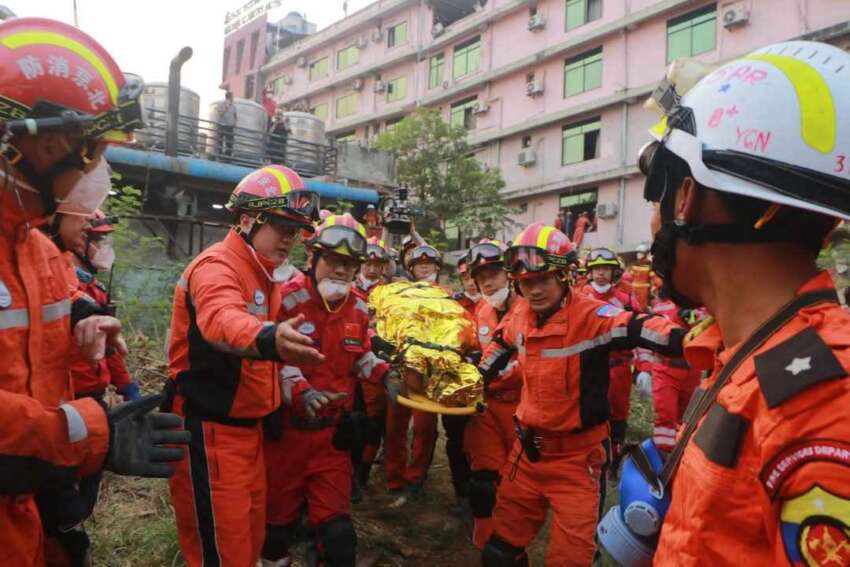
Health workers are expressing serious concerns about the potential spread of diarrheal disease at the Han Nain earthquake shelter in eastern Sagaing, where five people have already been affected. The shelter, currently housing 98 families with approximately 500 people, is facing urgent medical supply shortages as cases of diarrhea begin to emerge. Medical professionals are particularly worried about disease transmission due to weather conditions and camp circumstances. The shelter urgently needs oral rehydration salts, vitamins, and various medications for elderly residents, including diabetes medication, blood pressure medicine, nerve tonics, and heart medication.
The Han Nain ward in Sagaing, home to over 1,700 households and approximately 9,000 residents, has suffered significant casualties from the earthquake, with 32 deaths from building collapses and more than 1,300 people injured. Since April 2, UN agencies have been conducting health assistance programs and needs assessments, with earthquake victims currently distributed across eight emergency shelters. The situation has been particularly challenging for the Muslim community, where 155 people died in the collapse of three mosques. Muslim survivors are currently staying in the Min Road and Panpaytan areas rather than in the designated camps, facing significant challenges in accessing food supplies.
The military council’s security presence in Sagaing is creating additional difficulties for relief operations. Aid workers report feeling unsafe due to armed personnel, including those serving as guides. The camps are experiencing critical shortages of medical supplies, mosquito nets, toothbrushes, raincoats, oral rehydration salts, and lighting equipment. The Muslim community specifically needs food supplies, particularly fish, shrimp, and eggs, with current supplies limited to dried noodles and small amounts of rice.
Relief workers report that while some medical donations have been received, they are insufficient to meet the growing needs. The situation is particularly concerning as local pharmacies remain closed, limiting access to necessary medications. The emergency response is further complicated by the military council’s presence, with armed personnel maintaining checkpoints and creating an atmosphere of insecurity for both aid workers and displaced persons. Despite the removal of some bridge checkpoints, the continued presence of armed personnel is hindering effective relief operations and creating anxiety among those involved in humanitarian assistance.



